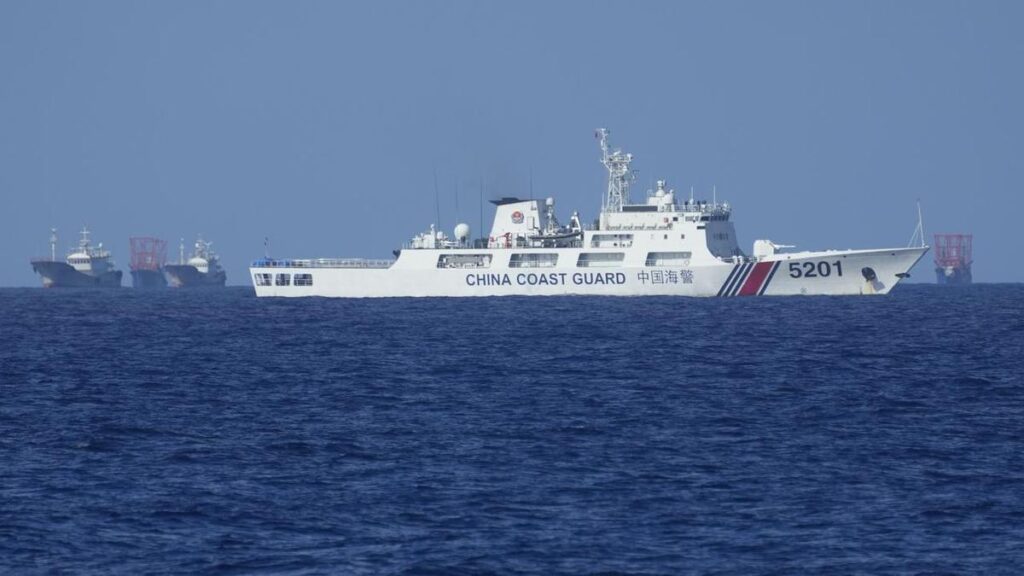
China has issued a warning to the Philippines regarding its activities in the South China Sea, asserting that it has conducted “routine” patrols in the region. The statement comes amid escalating tensions between the two nations, which have been embroiled in a long-standing maritime standoff characterized by frequent confrontations between coastguard vessels and extensive naval exercises.
A spokesperson for the Chinese military’s Southern Theater Command emphasized the need for the Philippines to cease any actions that may provoke conflict. “We sternly warn the Philippine side to immediately stop provoking incidents and escalating tensions in the South China Sea, as well as bringing in external forces for backing such efforts that are destined to be futile,” the spokesperson stated on Sunday. Furthermore, they asserted, “Any attempt to stir up trouble or disrupt the situation will not succeed.”
The situation has drawn international attention, particularly from the United States, which has reaffirmed its support for the Philippines. The US Indo-Pacific Command reported that from September 11 to 13, Japan, the Philippines, and the United States conducted joint maritime exercises within the Philippines’ Exclusive Economic Zone. This collaboration aims to enhance regional cooperation and promote a free and open Indo-Pacific.
The US statement underscored its commitment to upholding the right to freedom of navigation and overflight in the South China Sea and other lawful uses of the sea and international airspace. Secretary of State Marco Rubio expressed strong disapproval of China’s actions, describing them as “destabilising plans” concerning a disputed atoll in the region.
China claims nearly all of the South China Sea, a vital waterway through which approximately $3 trillion in annual commerce is transported. This assertion is contested by several nations, including the Philippines, Brunei, Malaysia, and Vietnam, all of which have overlapping claims in the area.
As tensions continue to rise, the Philippine maritime council and armed forces have not provided immediate comments regarding the situation, and the Philippine embassy in Beijing has yet to respond to inquiries. The ongoing disputes in the South China Sea reflect not only national interests but also the broader implications of international maritime law and regional security dynamics.







